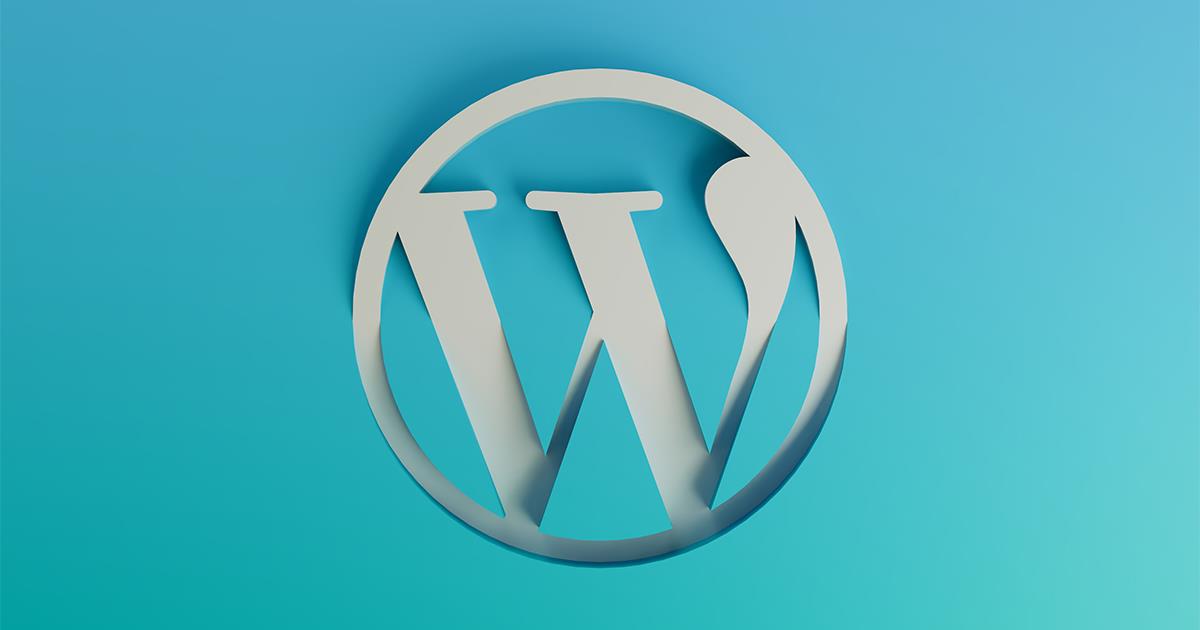In the ever-evolving digital landscape, a website is often the face of your business or personal brand. It’s the primary point of contact with your audience, and its performance and functionality are crucial for your online success. If you’re considering migrating your website, you’re likely looking for a platform that offers flexibility, scalability, and a user-friendly interface. WordPress, with its vast community and extensive features, is a popular choice for website migration. In this blog post, we will explore the tips and considerations for migrating your website to WordPress.

Why Migrate to WordPress?
Before diving into the migration process, it’s essential to understand why WordPress is a popular choice for countless websites. WordPress is an open-source content management system (CMS) that powers over 40% of all websites on the internet. Here are some compelling reasons to migrate to WordPress:
User-Friendly: WordPress offers an intuitive and user-friendly interface, making it easy for website owners, even those without technical expertise, to manage and update their content.
Vast Plugin Ecosystem: The extensive library of plugins allows you to add new features and functionalities to your website quickly. Whether you need SEO tools, e-commerce capabilities, or social media integration, there’s a plugin for almost everything.
SEO-Friendly: WordPress is inherently SEO-friendly, which means you can improve your website’s visibility in search engine results. Several SEO plugins, like Yoast SEO, can help you optimize your content for better rankings.
Community and Support: With a massive and active community of users, developers, and experts, you’ll find solutions to almost any issue or question you might have.
Scalability: Whether you’re running a small blog or a large e-commerce site, WordPress can handle your needs. It’s highly scalable, and you can add new features and content as your website grows.
Responsive Design: WordPress themes are designed to be responsive, ensuring your site looks great on all devices, from desktops to smartphones.
Planning Your Migration
Migrating your website to WordPress is a significant undertaking. It’s crucial to plan carefully to ensure a smooth transition. Here are some key steps to consider:
- Backup Your Existing Website
Before you make any changes, back up your existing website. This step is crucial to avoid data loss. There are various backup tools and services available, both paid and free, that can help you create a snapshot of your current site.
- Choose the Right Hosting
Selecting the right hosting provider is essential for your WordPress website’s performance. Ensure that the hosting provider you choose supports WordPress and offers features like automatic updates, security, and good customer support.
- Install WordPress
After setting up your hosting, you’ll need to install WordPress. Most hosting providers offer a one-click installation process that simplifies this step.
- Design and Theme Selection
Select a WordPress theme that aligns with your brand and provides the design and layout you desire. You can choose from thousands of free and premium themes or even hire a web designer to create a custom theme.
- Content Migration
Now comes the critical part – migrating your content. Depending on your current website platform, you may need to use various migration tools and plugins to import your content, images, and other media into WordPress. Some content management systems have specific plugins to streamline the migration process.
- SEO Considerations
Preserve your existing SEO efforts during the migration. If your old site had optimized content and a good SEO ranking, ensure you carry over meta tags, URLs, and structured data. This is crucial for maintaining your search engine rankings.
- Test Your Website
After migrating your content, thoroughly test your website. Check all your pages, links, images, and functionalities to ensure everything works as expected. Look for any broken links or missing content that might have been lost during the migration.
Considerations and Challenges
Migrating to WordPress is generally a smooth process, but it’s not without its challenges. Here are some considerations and potential challenges to keep in mind:
- Data Loss and Compatibility
There is a risk of data loss during the migration, and not all data may be fully compatible with WordPress. Ensure you have backups in place and are prepared to deal with potential data inconsistencies.
- URL Structure
The URL structure of your old website may differ from that of WordPress. You should set up proper redirects to avoid broken links and ensure a seamless user experience.
- Content Formatting
The formatting of your content may not translate perfectly during migration. You may need to spend some time reformatting and optimizing your content for WordPress.
- Plugins and Themes
While plugins and themes are a significant advantage of WordPress, you should be cautious about the ones you install. Too many can slow down your site or create compatibility issues. Stick to essential plugins and regularly update them.
- Security
With WordPress’s popularity, it can be a target for security threats. Regularly update your plugins, themes, and WordPress core to protect your website from vulnerabilities.
Final Thoughts
Migrating your website to WordPress can be a transformative step that opens up a world of possibilities for your online presence. However, it’s essential to plan and execute the migration carefully to ensure a smooth transition.

With the right strategy, you can preserve your content, maintain your SEO efforts, and enhance your website’s functionality. As you move forward with your WordPress migration, remember to make use of the vast resources and support available within the WordPress community. With the right approach, your website will be well on its way to a successful new chapter on the WordPress platform.
